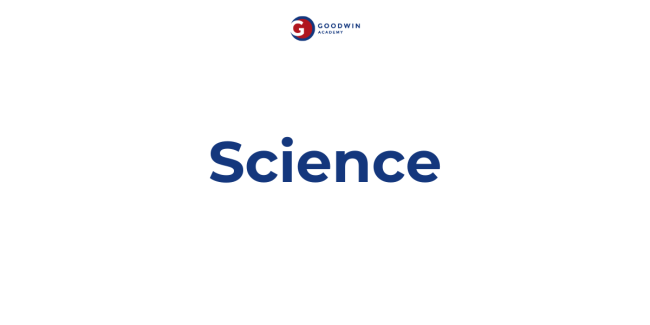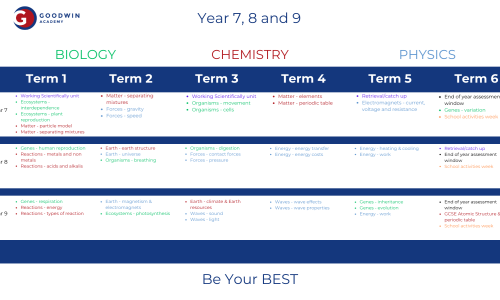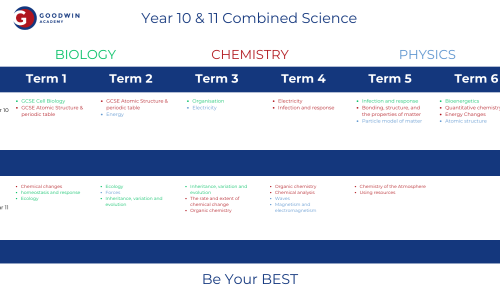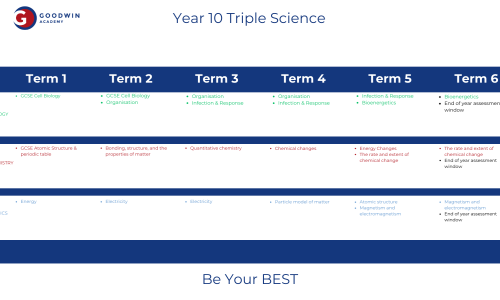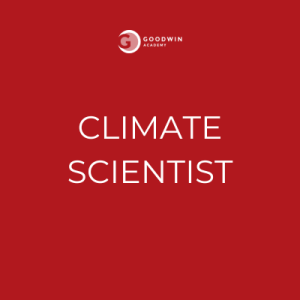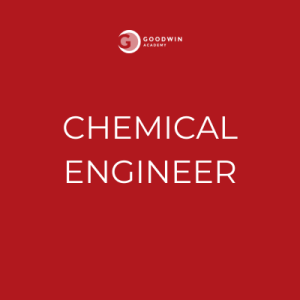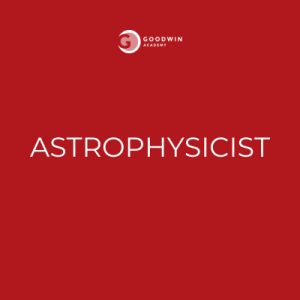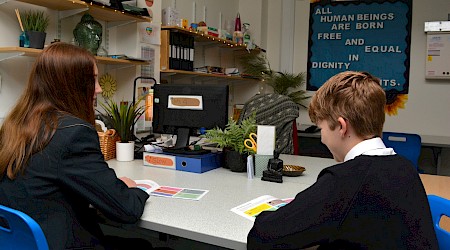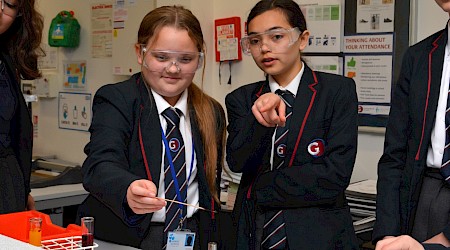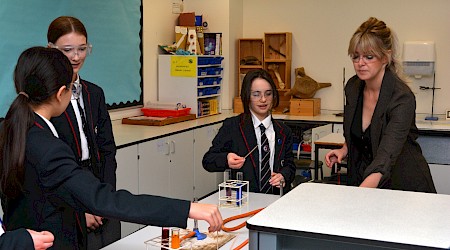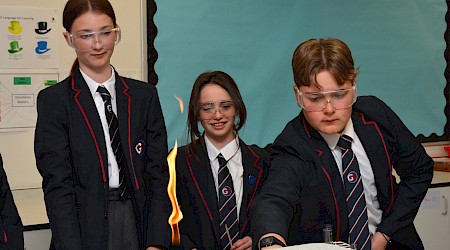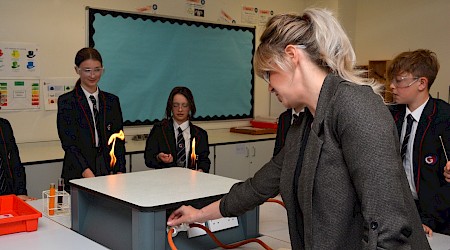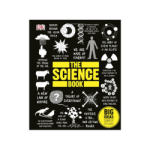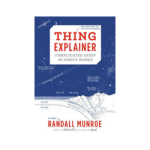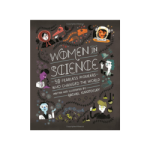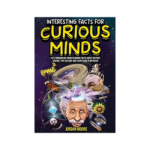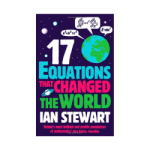KS4, Year 10 & Year 11 GCSE Science
Students begin their GCSE study of science at the start of Year 10 and complete their course in Year 11 through the sitting of the formal public examinations. The Department delivers the AQA Combined Science Trilogy course at both Foundation and Higher level, and the AQA Separate Sciences at Foundation and Higher level.
The AQA linear science programme offers a traditional route through GCSE Science, with no coursework. It is assessed through six examination papers at both levels.
Throughout the duration of the course, students will be closely monitored to assess their progress and ensure that they are moving towards fulfilling and exceeding their potential. Where necessary, additional support will be offered in a format that is most suited to the individual to assist in realising this potential.
To help all learners, including SEND, to access GCSE content we focus on high quality teaching, alongside the use of a wide range of supportive resources including structured written supports for writing at science GCSE levels, visualisers to decode exam questions and model expected answers in real time, and we script explanations carefully to allow all learners to understand the content at GCSE. We will use exemplar material to help support students with extended writing and required practical methodology, and model planning techniques to help students become independent learners. Through carefully planned retrieval questioning, we hope to build student confidence over time and develop meaningful memory connections to allow all students to recall and understand the key content of the science curriculum. Where exam arrangements are required, including readers, scribes and word processing, we work closely with relevant departments to ensure this provision is provided across the science department.
| | Biology | Chemistry | Physics |
|---|
| Paper 1 | What’s assessed: Biology topics 1–4: Cell Biology; Organisation; Infection and response; and Bioenergetics. How it’s assessed: Written exam: 1 hour 15 minutes • Foundation and Higher Tier • 70 marks • 16.7% of GCSE Question Format: Multiple choice, structured, closed short answer, and open response. | What’s assessed: Chemistry topics 8–12: Atomic structure and the periodic table; Bonding, structure, and the properties of matter; Quantitative chemistry; Chemical changes; and Energy changes. How it’s assessed: • Written exam: 1 hour 15 minutes • Foundation and Higher Tier • 70 marks • 16.7% of GCSE Question Format: Multiple choice, structured, closed short answer, and open response | What’s assessed: Physics topics 18–21: Energy; Electricity; Particle model of matter; and Atomic structure. How it’s assessed: • Written exam: 1 hour 15 minutes • Foundation and Higher Tier • 70 marks • 16.7% of GCSE Question Format: Multiple choice, structured, closed short answer, and open response. |
| Paper 2 | What’s assessed: Biology topics 5–7: Homeostasis and response; Inheritance, variation and evolution; and Ecology. How it’s assessed: • Written exam: 1 hour 15 minutes • Foundation and Higher Tier • 70 marks • 16.7% of GCSE Question Format: Multiple choice, structured, closed short answer, and open response | What’s assessed: Chemistry topics 13–17: The rate and extent of chemical change; Organic chemistry; Chemical analysis; Chemistry of the atmosphere; and Using resources. Questions in Paper 2 may draw on fundamental concepts and principles from Atomic structure and the periodic table; Bonding, structure, and the properties of matter; Quantitative chemistry from paper 1 content. How it’s assessed: • Written exam: 1 hour 15 minutes • Foundation and Higher Tier • 70 marks • 16.7% of GCSE Question Format: Multiple choice, structured, closed short answer, and open response. | What’s assessed: Physics topics 22–24: Forces; Waves; and Magnetism and electromagnetism How it’s assessed: • Written exam: 1 hour 15 minutes • Foundation and Higher Tier • 70 marks • 16.7% of GCSE Question Format: Multiple choice, structured, closed short answer, and open response. |
